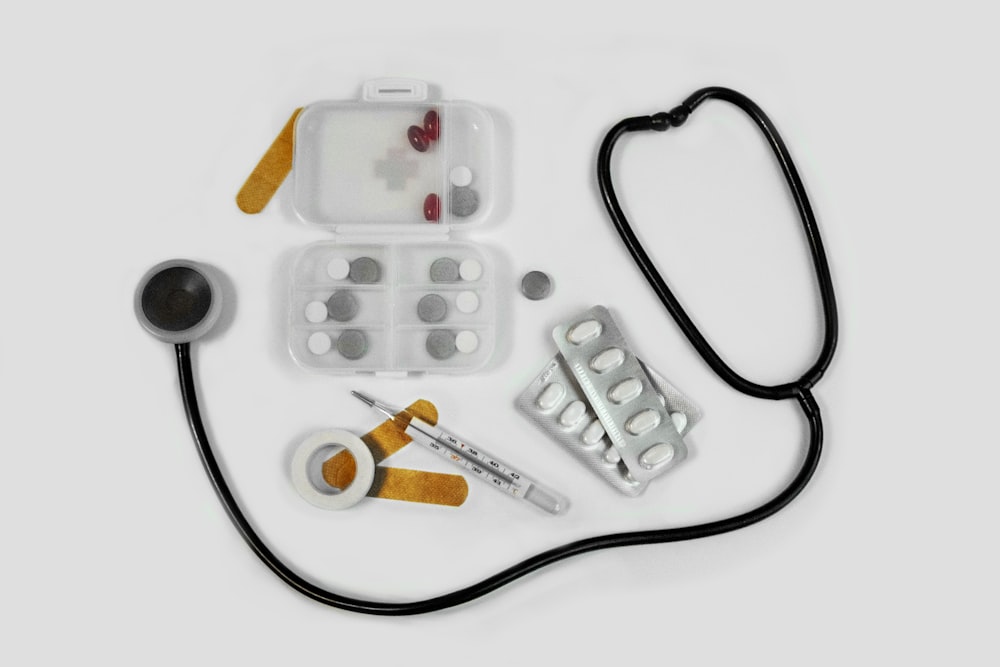Nov 7
2023
4 Steps to Take When Preventing Medical Supply Loss
Oftentimes, medical facilities need to focus on preventing overstock and out-of-stock supplies needed to get their work done or when needed to provide their patients with the best care. But like any other business, sometimes, those much-needed items such as tools, supplies, or even something such as a medical file are temporarily misplaced and become lost until someone just by chance finds it again.
This clearly destroys productivity for everyone involved; you’re missing much-needed items, you’re missing information and issues that need to be solved have to be placed on the back burner until something is found again or needs to be reordered. There’s no room for these productivity killers in the workplace, especially in the healthcare sector, where a patient’s health is at risk. Plus, there’s potential for financial loss and compliance issues, too. So, what steps could a health business take to prevent losing medical supplies, tools, files, or anything else? Where? Here’s what you need to know.
You Have to Start By Implementing a Robust Inventory Management System
When it comes to any business, whether it’s in the healthcare industry or not, you’ll have to focus all on this first. Essentially, the foundation of preventing medical supply loss is a well-organized inventory management tool system. So, it’s best to go ahead and implement an electronic inventory tracking system that allows you to monitor stock levels, track usage, and set reorder points for critical supplies. Plus, you’ll also want to regularly update and reconcile your inventory to ensure accuracy.
Establish Strict Access Control
A lot of healthcare businesses will do something like this, especially when it comes to hospitals or research and lab-oriented facilities. But if your business doesn’t have a system like this, then it’s best to go ahead and make a change. So, all this means is that you limit access to your medical supplies and inventory to authorized personnel only.
This means having a secure storage area(s) with a keycard or password access and restricting access based on job roles and responsibilities. Maybe make it so that only people within a certain department or position are allowed to access certain tools, rooms, files, and so on. This helps deter theft misuse but also narrows down how something could have gotten lost or misplaced.
Invest in Surviellance
This essentially piggybacks off of the statement above. The healthcare sector is heavily regulated, and there needs to be compliance. By losing something, even if an employee misplaced something by accident, you’re setting up your business for fines, penalties, and so much more.
So, it’s best to go ahead and consider implementing security measures, such as surveillance cameras and alarms, in areas where medical supplies are stored. These measures can deter theft and provide evidence in the event of any security breaches. Sometimes, these, particularly video surveillance, can help backtrack what happened, so essentially retracing steps in case of an accident.
Communication is Key
Foster open communication and collaboration among staff members. Encourage them to report any concerns or issues related to inventory management. An environment where employees feel comfortable discussing problems can help prevent loss and potential misunderstandings.
